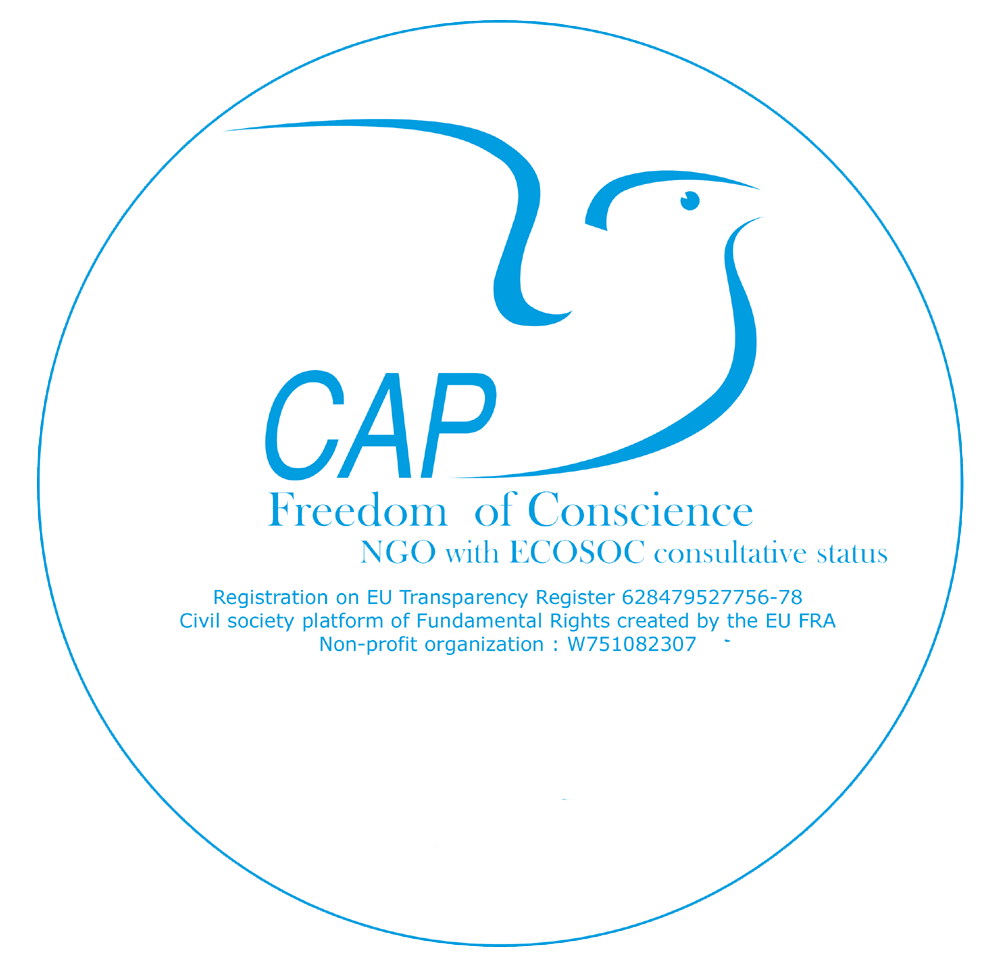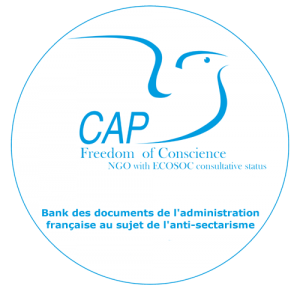CAP Freedom of Conscience July 2024
The recent tragic incident, in Punjab province where 32 year old Mahmood Ahmad, a member of the Ahmadiyya minority community was fatally shot in Haroon Abad has again highlighted the challenges faced by this marginalized group in Pakistan. The assailants, who remain unidentified targeted Ahmad as he was on his way from a local market. This disturbing event underscores the threats and vulnerabilities experienced by Ahmadis living in the country.
The persecution of the Ahmadiyya community is not an event but a deep rooted issue stemming from discriminatory laws and societal biases prevalent in Pakistan. This year a strong condemnation was issued by a group of United Nations Special Rapporteurs urging the government to take immediate steps to halt discrimination and violence against Ahmadis.
According to experts members of the Ahmadiyya community in Pakistan face persecution, harassment and violence. They are deprived of their rights such as freedom of religion or belief well as security and equality, before the law.
The Ahmadiyya faith, a branch of Islam established in the 1800s has been an issue, in Pakistan for quite some time. In 1974 the nations parliament categorized Ahmadis as “non-Muslims ” leading to the deprivation of their civil liberties. This decision paved the way for the implementation of laws and regulations that have marginalized and oppressed the community.
Ahmadis residing in Pakistan encounter obstacles, such as being unable to practice their faith being denied access to education and job opportunities and facing the constant threat of violence including extrajudicial killings. The recent killing of Mahmood Ahmad is one among targeted assaults on Ahmadis with many going unpunished.
United Nations experts have urged the government to take action to address this alarming situation by revoking discriminatory laws and ensuring adequate protection for the Ahmadiyya community. They have also called on the community to prioritize freedom and minority rights when engaging with Pakistan.
As global attention focuses on this issue with increasing concern the challenges faced by the Ahmadiyya community in Pakistan highlight a struggle for acceptance and underscore the urgent need, for substantial reforms to safeguard all citizens rights irrespective of their beliefs.
Failing to tackle this crisis will only continue the cycle of violence and prejudice gradually undermining the pillars of an welcoming society.







